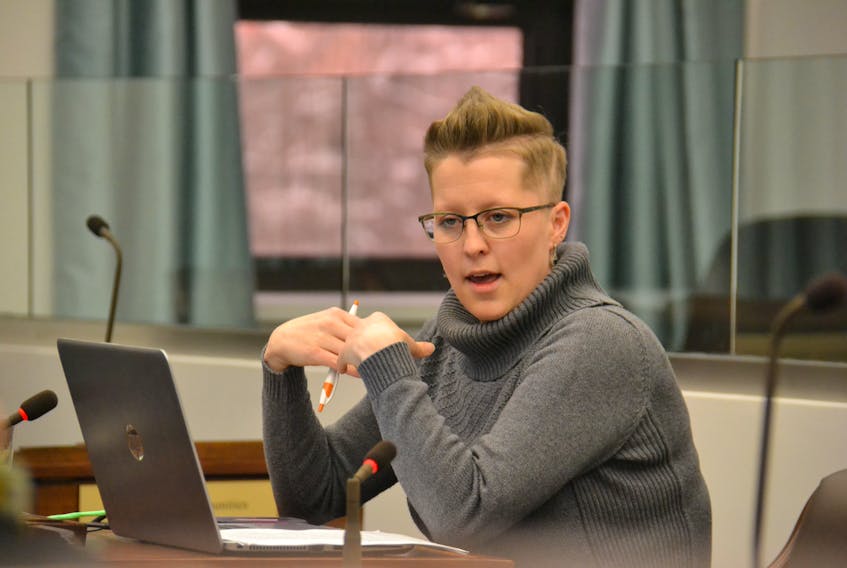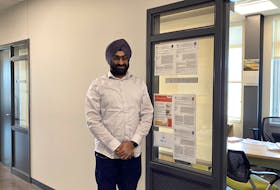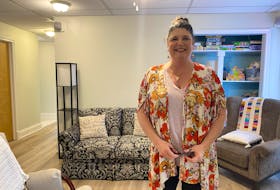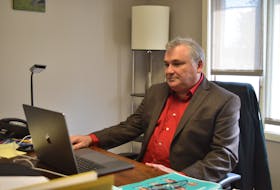Being able to communicate the subtleties of the local culture on P.E.I. could mean the difference between keeping or losing qualified doctors or nurses, MLAs heard on Wednesday.
This was the message delivered by Tanya Nace, executive director of World Hope International, during a standing committee meeting on Wednesday. Nace’s non-profit organization has helped recruit health-care staff and educators from all over the world to developing countries.
Health-care recruiters from P.E.I. have long looked to other countries, such as the U.K., Ireland and South Africa, as sources of potential doctors and nurses. Nace said this makes cultural competency – the ability to understand subtle cultural differences – key to successfully retain healthcare workers.
"Cultural intelligence is the most important part of retention," Nace said.
"That's how you can keep people in a place that's harder or different from what they're used to for a long period of time."
Nace added she does not work for the provincial government and did not know to what degree cultural training was incorporated into current recruitment and retention practices.
Green MLA Hannah Bell pointed to the importance of mentoring in the process. She said a mentor was important to guide a newcomer through the ways Islanders interact with one another that may be unfamiliar, even to Canadian-born individuals.
"Other people, who are also Islanders by choice, call it the secret handshake club,” Bell said.
“If you don't know the secret handshake, you will never find out. That barrier is you don't know that you don't know. And you don't know who to ask."
“It's walking someone through a journey. That's often missing in international recruitment, is a relationship and walking with someone through real life stuff."
-Tanya Nace
Progressive Conservative MLA Natalie Jameson asked Nace what retention strategies she would suggest.
Nace said the retention process should take into account the needs of families. She said research shows that families often go through a roller-coaster of highs and lows when adjusting to a move to a new place. Adapting to culture shock requires relationships.
“It's walking someone through a journey,” Nace said.
"That's often missing in international recruitment, is a relationship and walking with someone through real life stuff."
Liberal MLA Gord McNeilly asked about the recently announced plan to establish a doctors-recruiting-doctors plan
The Medical Society of P.E.I. has been tasked with developing a plan, separate from any developed by the province’s recruitment and retention secretariat, to recruit doctors. The plan has not been completed.
"You've just created a challenge because you have two different groups now doing the same thing,” Nace said.
“Communication is the number one priority in recruitment. If you say something here, but don't do it here, you're destroying your recruitment process."
Nace added that if two groups are involved in recruiting, communication between groups needs to be consistent. Both groups would need to have a high degree of cultural and mentoring training.
Doctors are good influencers for recruitment, Nace said. But recruiting is an intense job that cannot be adequately done by doctors who already have a heavy workload.
"You have to have someone else who's the point person to be able to answer those questions, walk them through the journey,” Nace said.
“Otherwise you're going to burn out more doctors and they'll leave P.E.I. You're not going to help anything at that point."









